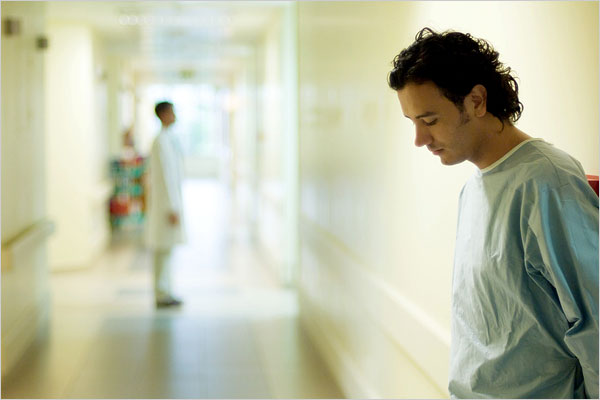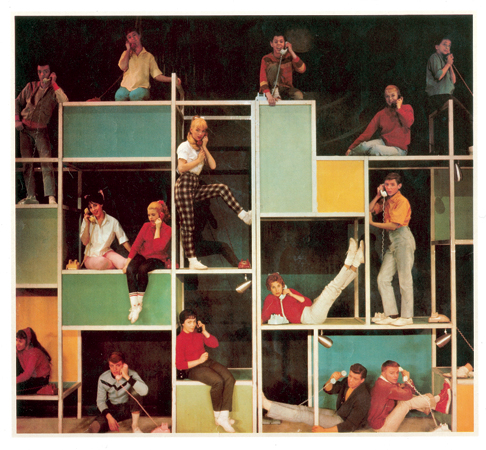
Some people feel their body doesn’t belong to them anymore during illness; it belongs to the doctors. With cancer, I didn’t just surrender my body, I also relinquished the privacy of my home.
During surgery and treatments, my mom traveled to San Francisco and moved into my studio apartment. My kitchen was in a separate room and she retreated there to read, quilt, and write letters, trying to give us each a shred of privacy. I never asked her for this seven feet of privacy. She probably needed an escape from caregiving as much as I needed to feel like a grownup with an ounce of independence.
I’m not a clean freak. Some days it looks like a tornado tore through my home. But during cancer treatment, I wanted everything in its place. I suddenly liked things tidy, wanted the floor swept, and my bed made. I wanted control over my domain. At 27, I was suddenly roomies with my mom who I had not lived with for 10 years. It was a tug of war. I needed and wanted her there providing household help and emotional comfort. But I also wanted to feel like an adult with a life and a home of my own. I wanted to cry alone sometimes and to eat cereal for dinner without being questioned.
Lots of patients in my book Everything Changes adapted to new living situations during treatment. Some had a revolving door of friends with keys to their house dropping by to help with errands. Others had to make a hospital room their home, and some moved in with parents or cousins. We all found ways to stake out territory in our less than private shelter. During my second treatment, when friends stopped by with food, I got good at telling them when I wasn’t well enough for them to stay and chat. Dana’s mom posted a large sign on the door of her hospital room instructing nurses when they could and could not enter. When Wafa’a moved in with her folks she lit candles and listened to Nina Simone making her bedroom a retreat from the rest of the house.
In a life or death situation it’s easy to say that all we want is to be healthy. But I think there’s a whole lot more that we can want too. Privacy was at the top of my list.
Did you lose your private space when you became ill? How did you cope with it?
![]()
![]()


 “Everything Changes is, without doubt, the most forthright, emotionally sophisticated, and plain-old valuable book of its kind I've seen.”
“Everything Changes is, without doubt, the most forthright, emotionally sophisticated, and plain-old valuable book of its kind I've seen.”












